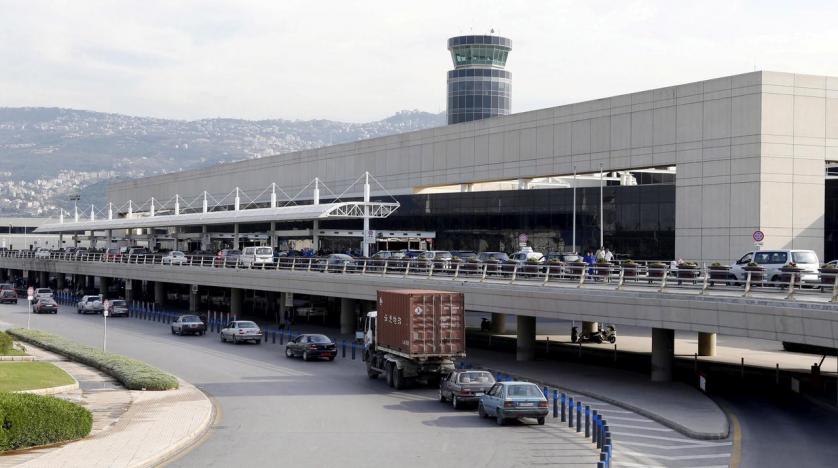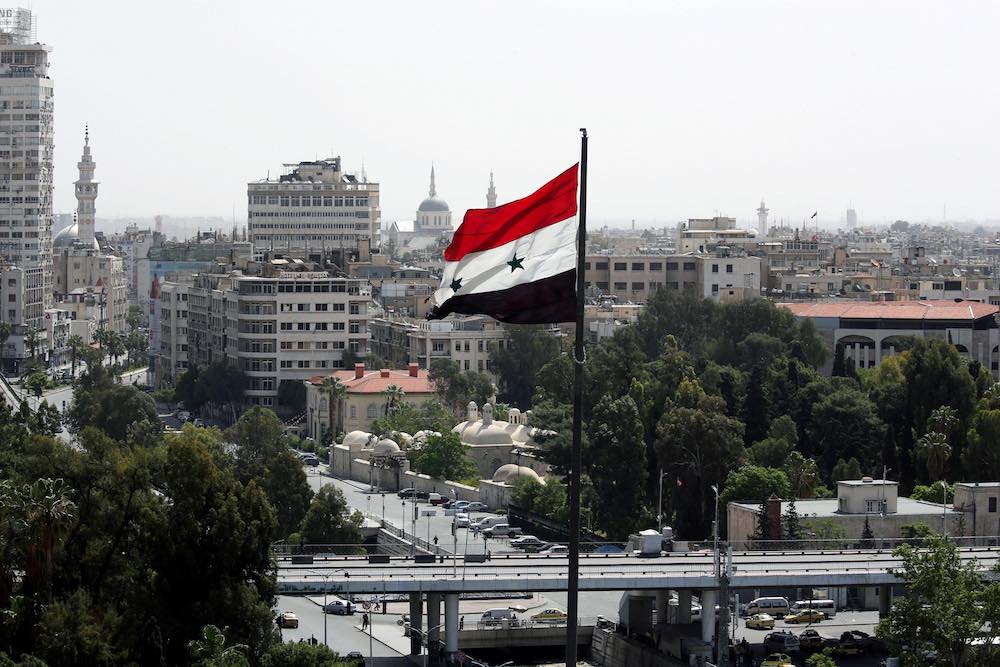ARSAL, LEBANON: Dima Al-Kanj’s house is now a pile of rubble and twisted metal.
It was just a concrete hut near the Lebanese border, but she had spent five years trying to make it cosy for her children after fleeing the war in Syria.
Then, under army orders, she had to smash it.
“Every year, we fixed up one thing after another so that we could live in what you’d call a home,” she said, standing in the room levelled to the ground in the remote Lebanese town of Arsal. “Now, there’s nothing left.”
Kanj is among thousands of Syrian refugees who will be left stranded by a government decision to dismantle “semi-permanent structures” in eastern Lebanon, aid agencies say.
At least 15,000 children could become homeless.
Lebanon is toughening enforcement of work and housing rules – some of which were ignored for years – on its more than 1 million Syrian refugees. Lebanese politicians have also ramped up their calls for the Syrians to leave.
The army demolished at least 20 refugee homes on Monday, seven global aid agencies said.
In the makeshift Arsal camp where Kanj lives, home to 450 people, refugees said the army arrived at dawn with a small bulldozer taking down a few shelters.
Soldiers came again two days later as a reminder that people must remove their concrete walls and metal roofs.
Kanj, 30, has since paid men from a nearby camp to knock down her hut with jackhammers. She preferred to do it herself than face a forcible demolition.
She and her four small children are now crammed into their neighbour’s hut across the dirt road with a dozen people.
“We’re all sitting inside the same room on top of each other with our stuff,” she said. “We can’t rent a place or leave or do anything at all.”
People at the camp said they would follow the rules but have found it hard to meet deadlines and find money for equipment. They must also get rid of the rubble.
Some worry they will not manage to cobble together the permitted tents from wood and plastic sheeting, which would barely shield them from Arsal’s harsh winter.
The military first told them of the order some two months ago and has since allowed grace periods. The army has not commented on the demolitions, but a military source said the forces were executing a legal regulation.
“Of course, we’re scared of the future,” Kanj said. “God knows what more decisions (authorities) will come up with next.”
‘START FROM SCRATCH’
Human Rights Watch described the shelter order as “one of many recent actions to crank up pressure on Syrian refugees to go back.” These include more arrests, deportations, shop closures, curfews, evictions and other measures in the past months, it said on Friday.
Some Lebanese officials have called the mainly Sunni refugees a threat to Lebanon, warning the concrete huts would lead to their lasting settlement.
It is a thorny topic in a country with a fragile sectarian political system where informal settlements of Palestinians have expanded after they came decades ago.
Foreign Minister Gebran Bassil, the president’s son-in-law, has pushed hard for Syrians to go home, insisting they should not wait for an elusive peace deal to end the war.
Last month, he said town councils could get refugees to leave by “implementing the law and protecting public order”.
But activists accuse his party and other politicians of fueling hostility towards refugees and blaming them for Lebanon’s long-existing problems.
Abou Firas, a Syrian refugee who oversees the same Arsal camp, said they would leave if they could.
As fighting died down and Damascus reclaimed much of Syria, tens of thousands of refugees have returned, Lebanese authorities say. Still, aid agencies say many have fears about going home, including reprisals, military conscription, loss of property, or fresh waves of violence.
“There’s a lot of uncertainty about our fate,” said Abou Firas, who must demolish his family’s hut too. “We don’t intend on permanently settling here.”
“This room becomes a part of you,” he added. “You put effort into fixing it up … and suddenly you find yourself having to start from scratch.”




